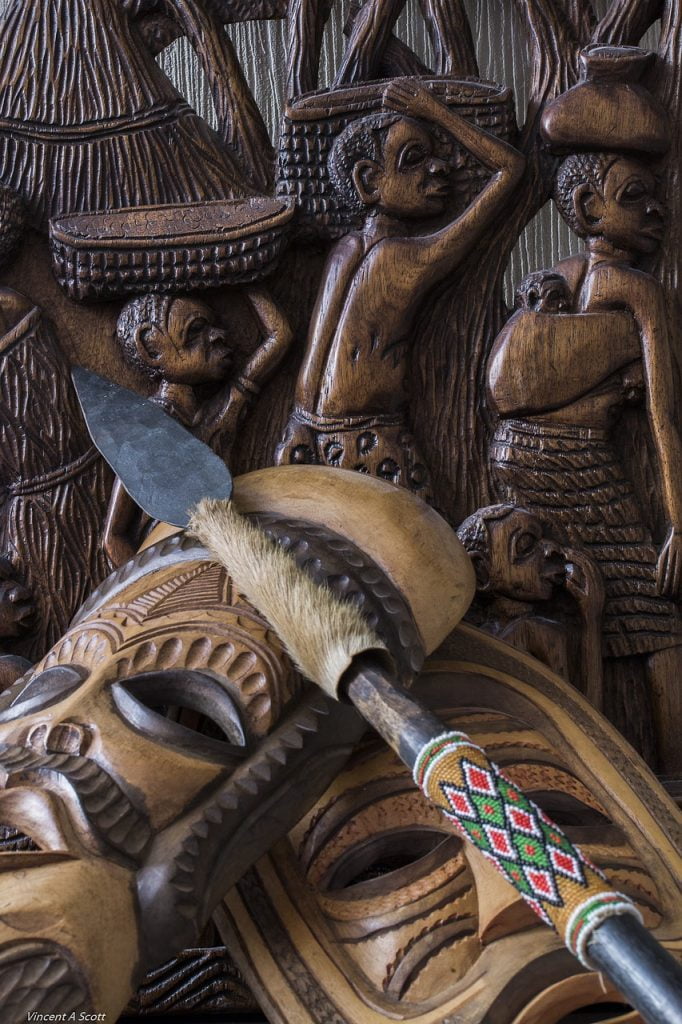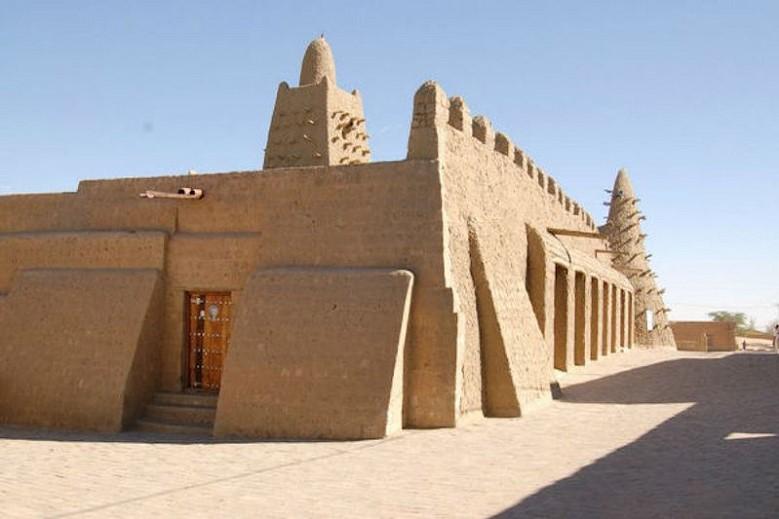Not familiar to most people, hundreds of small kingdoms have emerged throughout African history, and some have eventually become powerful empires.
These enormous nations united Africa, ruled rich trade routes, and controlled many cultures. Below are the top five amazing and powerful ancient empires in Africa.
1. Zulu Empire

The rise of the Zulu empire would not have happened without marriage. The kingdom began with Shaka Zulu, the illegitimate son of Chief Senganganoka. Having escaped several assassination attempts and bloody family disputes, Shaka became the Zulu chief. Using his pioneering military tactics, Shaka helped the empire to climb to its rich and famous heights.
The Zulu Empire’s most outstanding achievement is because it was one of the most terrible African civilizations during the colonial period. By introducing the hiccup spear and creating a bovine system, Shaka trained his warriors so well that they eventually defeated the British invasion.
Zulu turned into a powerful but brutal empire. By the 1900s, however, it was absorbed by the Cape Colony. Today, parts of Zulu form a modern South African country.
2. Benin Empire
A remarkable development in what is now Nigeria, the Kingdom of Benin, emerged when the people of Edo cut down trees in the West African rainforests. By the 1400s, the small settlement had become a powerful kingdom.
The Obas, the rulers of Benin, had an unusual taste for brass in their magnificent palaces. The Beninese also used copper in artworks, statues, and memorial plaques depicting bloody battle scenes.
In terms of trade, Benin has gained wealth from its location near the River Niger, allowing merchants to trade with the northern African kingdoms. At the southern tip of the empire was the Atlantic Ocean, which allowed ships to sell and exchange goods such as leopard skins, coral beads, etc
The Beninese Empire came to an end when the British invaded to take away Benin’s resources and burn the empire to the ground.
3. Aksum Empire
As the Christian revolution was taking place in Europe, a powerful kingdom arose on the African continent. In modern Ethiopia, the Aksum empire became one of the largest markets in north-east Africa, with its epic trade and naval power.
While traders from this country crossed the River Nile to Alexandria, Axum dominated the Red Sea coast until the 7th century.
In addition to influencing other superpowers in Africa, Europe, and Asia, this empire created Ge’ez, Africa’s only original writing system, and had masses of foreign visitors. A Persian writer named Axum is one of the four most extraordinary powers in the world. Yet little is known about this impressive African civilization.
4. Mali Empire
The Mali Empire was a tremendous African civilization that flourished between the 13th and 16th centuries. The empire was founded by a man named Sundiata Keita (also known as The Lion King) and was located in present-day West Africa.
Although The Lion King was an impressive ruler, the empire flourished most under Mansa Musa, who holds the title of the richest man in history. His fortune was worth $400 billion, an amount that Bill Gates is ashamed of. Musa also made Timbuktu, the capital of Mali, the most important center for education and culture in Africa, so that scientists from all over the continent could come and study.
As the Empire of Benin, Mali was successful in a trade because of its location on the River Niger. Although it was plundered by invaders from Morocco in 1593. This weakened the empire, and Mali soon became an important political entity.
5. Songhai Empire
The Songhai Empire stretched over thousands of miles across much of West Africa countries. With almost 800 years of existence, the kingdom was considered one of the greatest empires in the world from the 15th to 16th centuries.
Like other African civilizations, Songhai received most of its wealth from trade, which was extremely safe because of the 200,000 troops stationed with its provinces. Several thousand cultures were under his control, and all of them were united by a centralized government bureaucracy. A new currency was also created that allowed different cultures to blend and unite.
The size of this empire was its fall, with its vast territory too challenging to control. Songhai plunged into civil war, and by the end of the 16th century, the once-mighty empire had broken up into smaller, warring kingdoms.
